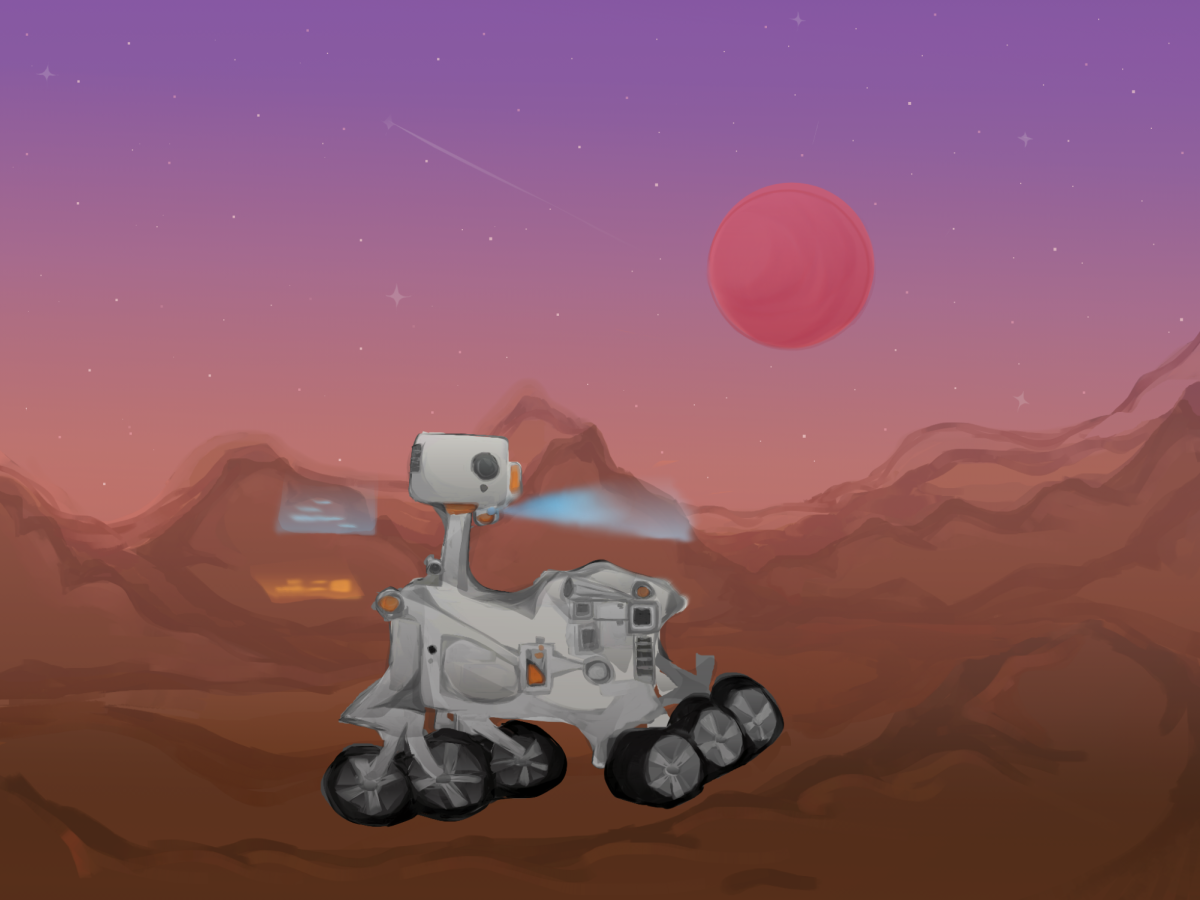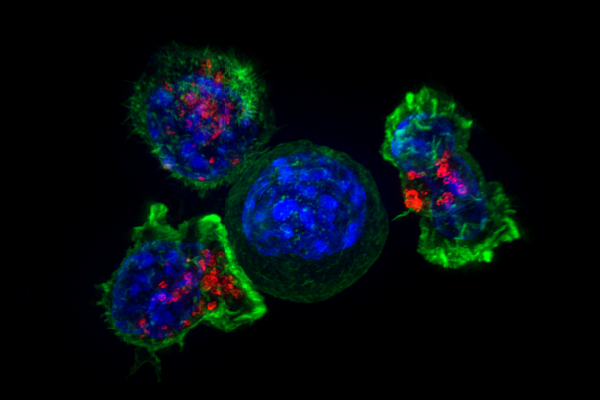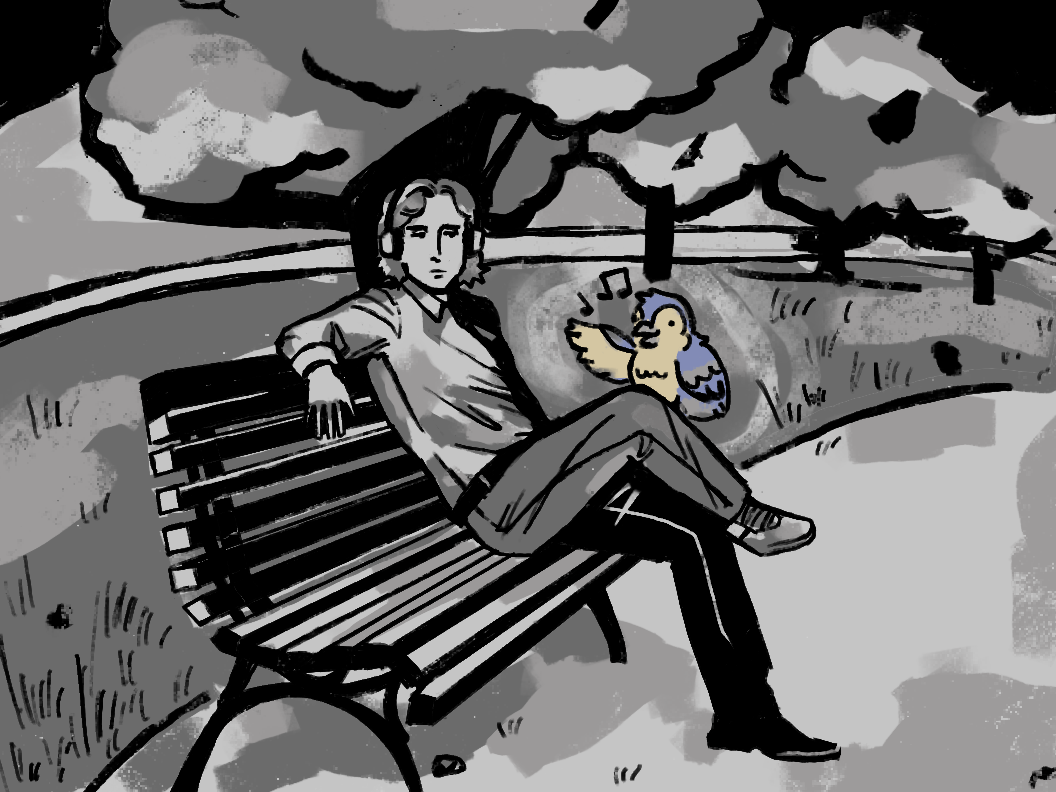An artificial intelligence actress named Tilly Norwood recently made her debut at the 2025 Zurich Film Festival.
She did everything a real actress could do — smiled at cameras, spoke to audiences and even posted on Facebook.
But Norwood isn’t human; she’s an AI-generated actor created by Xicoia, the AI branch of the production company Particle6.
Eline Van der Velden, the CEO behind the project, said she envisioned Norwood as “the next Scarlett Johansson or Natalie Portman.” Tilly has already landed her first role in “AI Commissioner,” a comedy sketch written by ChatGPT without any human actors.
Unlike computer-generated imagery or animated characters that rely on human actors for motion capture or voiceovers, Tilly’s performance came from code. There was no human face, no voice and no physical set.
Van der Velden said this new form of technology is simply a creative tool, not a replacement for real actors. “Audiences? They care about the story — not whether the star has a pulse,” she said in a LinkedIn post.
However, not everyone agrees with Velden. The actors’ union SAG-AFTRA released a statement reminding the public that “Tilly Norwood is not an actor; it’s a character generated by a computer program that was trained on the work of countless professional performers — without permission or compensation.”
This concern came in light of the 2023 Hollywood strikes, during which the use of AI was one of the biggest points of conflict between studios and creative workers.
So far, the public has also reacted negatively. Hundreds of readers criticized the project, calling Tilly “garbage” and “absolutely ridiculous.” One comment read, “Stop calling it a ‘she’. It’s a cartoon. She’s as much an actor as Bugs Bunny or Stewie Griffin.”
Actress Melissa Barrera joined the criticism on social media, telling talent agents who work with AI creations to “read the room.” The general feeling among audiences and professionals seems clear: AI can’t replace the emotional depth and authenticity of a real person.
Despite this, studios remain interested in AI as a cheaper alternative to the high costs of the entertainment industry.
AI actors don’t need salaries, schedules or unions, nor do they take breaks or negotiate contracts.
Particle6 is planning on launching an AI talent agency that would represent digital performers, meaning that AI actors could have contracts and entire management teams with them, even though they aren’t real people.
Supporters argue that AI could make filmmaking more accessible by cutting costs and giving creators more control. They say technology like Norwood reduces budget constraints, allowing for more experimentation.
Norwood is described as a “cultural stress-test,” a way to measure how much we truly value human creativity.
According to The Conversation U.S. audiences still show a strong bias toward art made by people.
While AI can imitate creativity, it can’t replace the emotional connection audiences feel toward real human work. As AI continues to advance, its role in entertainment will only grow.
Whether people accept or reject digital actors like Tilly will play a crucial factor in the future production of films and shows.
Her debut doesn’t feel like a breakthrough, but more like a warning.
She highlights both the promise and the uncertainty that come with combining technology and human creativity.
Norwood might not be famous yet, but she’s already pushing Hollywood to consider what truly gives art its meaning.









